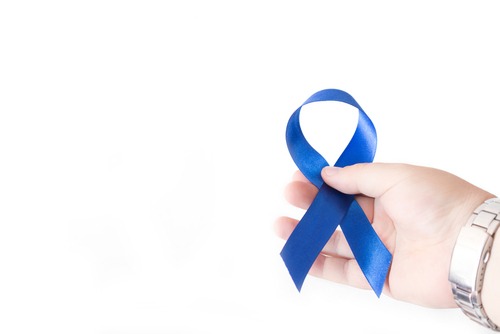
Calling attention to human trafficking, the U.S. Immigration and Customs Enforcement (ICE) Homeland Security Investigations (HSI) and the Blue Campaign announced that Jan. 11, 2022, will be Wear Blue Day and encouraged supporters to join in and speak out.
“Human trafficking is one of the most heinous crimes we at HSI KC investigate,” Katherine Greer, Special Agent in Charge of the HSI Kansas City Area of Operations, said. “Victims are often forced into prostitution or may be working and living in deplorable conditions with little or no pay. What makes it worse is because of any number of reasons these victims are often afraid of contacting law enforcement for help, so they become stuck in a vicious cycle.”
A national campaign, the Wear Blue Day effort will use social media to show support for trafficking victims, educate the community and offer information on the crime’s indicators. Participants are encouraged to dress in blue and post photos under the hashtag #WearBlueDay. The Blue Campaign, run by the Department of Homeland Security (DHS), works year-round to create general awareness training and educational resources to keep awareness high and victims low.
Whether or not human trafficking itself is on the rise, related arrests were. HSI noted that such arrests increased to 2,360 last year, up from 1,746 in 2020. Some 728 victims were identified and helped in 2021, thanks in part to the efforts of agents in Missouri, Kansas, Iowa, and Nebraska. Yet human trafficking continues to use force, fraud, and coercion to lure and exploit its victims. ICE warned that fear, intimidation, and language barriers, among others, continue to throw up consistent barriers for victims, even when they have an opportunity to seek help.
“It is extremely important for human trafficking victims to understand how to get help, for the community to be able to recognize the signs of this crime and for both to know how to report it,” Greer said. “It’s our hope that by participating in this campaign and encouraging others to do so, it will reduce the anxiety preventing some victims and witnesses from contacting us.”
In anticipation of the campaign, ICE also released a list of common indicators to identify possible human trafficking, including if a child has stopped attending school, sudden changes in behavior, juveniles engaged in commercial sex acts, unsuitable living conditions, a lack of personal possessions or freedom of movement, among others.
While suspected crimes should first be reported to local law enforcement, the agency also noted that tips can be submitted anonymously online to ice.gov/tipline or by phone at 866-347-2423.




